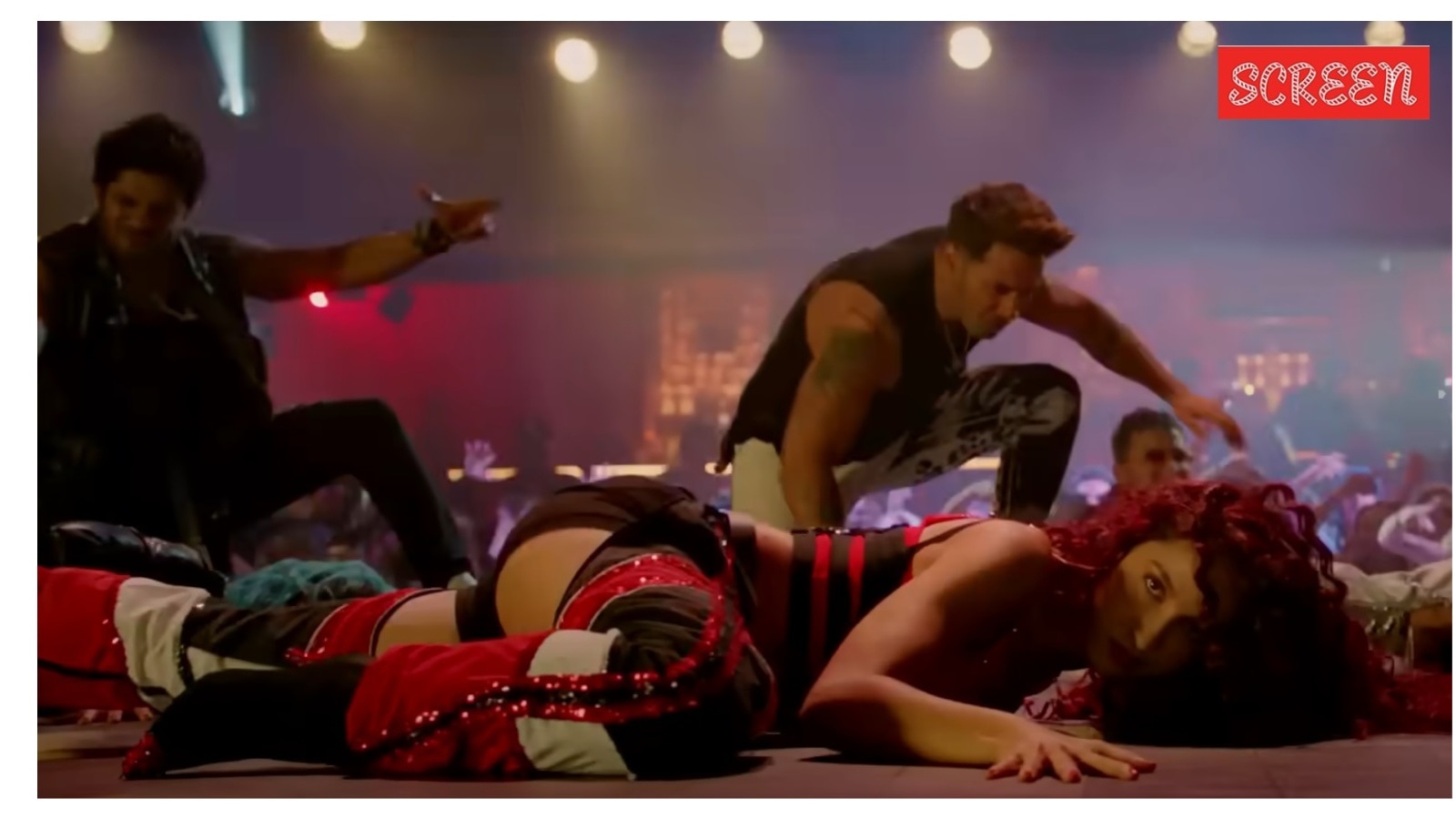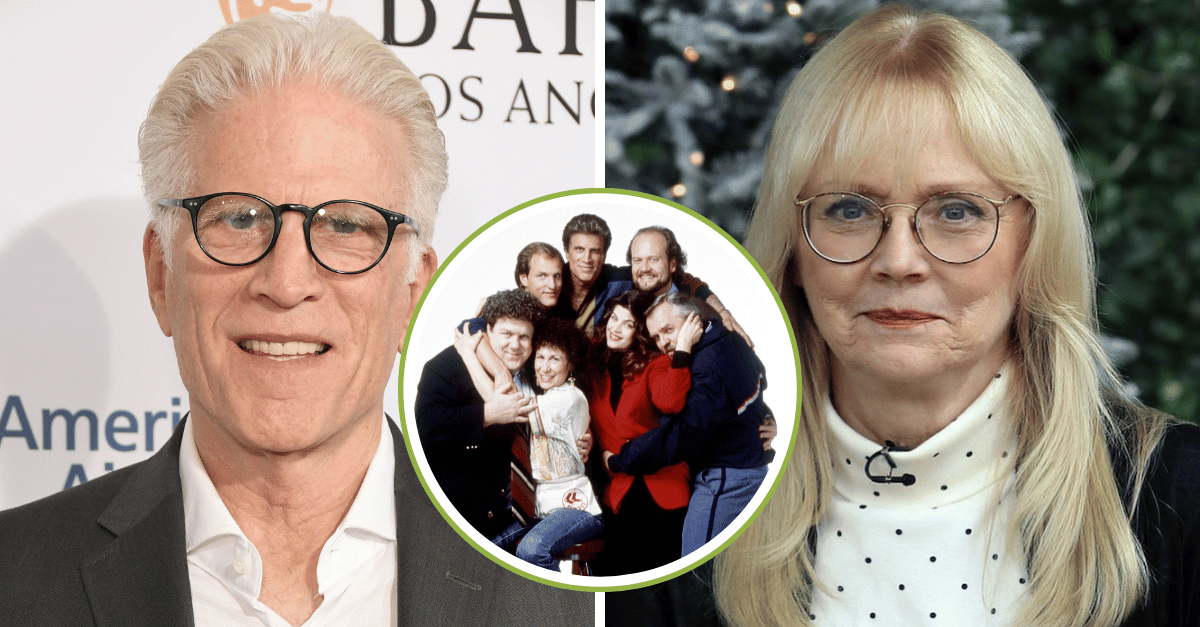Joey Jones Opens Up About Stories In Latest Book 'Behind The Badge' | Charleston.com
Written by Jeff Walker. Posted in Arts & Culture
Fox News Political Commentator Offers Insight On Those Called To Serve On America's Homefront
Following up on his New York Times bestselling book , Fox News political commentator returns with, eye opening stories from those 'answering the call to serve on America's Homefront'. Covering 240 pages 'Behind The Badge' chronicles the lives of first responders from varying occupations and diverse backgrounds, all with a singular purpose, 'to serve and protect the community they have jurisdiction in'. 
A Marine Corps veteran who lost both of his legs above the knee, Jones has dedicated his post military service to improving the lives of fellow veterans, including those in emergency services. In 'Behind The Badge' Jones didn't have to venture far for his collection of stories, drawing on friends and family members, as well as those he served with who have answered the call to protect and defend where they live.
Jones says research during his first book was the impetus for writing 'Behind The Badge', admitting it's something he felt compelled to do, and less a labor of love. "I definitely wouldn't call it a labor of love. But I am a workaholic and I enjoyed the entire process. Doing interviews for the first book gave me an epiphany for first responders. That's when I realized I had another one in me."
Jones admits 'Behind The Badge' carries a singular goal he had from the very beginning. "For me, it was more about getting their stories out there." Humbly adding, "My words aren't that important in the book. I'm more of the glue that brings it all together."
Conducting his earlier interviews, Jones wondered why so many ex-military are drawn to careers as first responders. "I've pondered this question for a while. For myself, if I hadn't gone into the Marine Corps, I probably would have been a firefighter because I'm programmed that way. I think that's the way it is for people getting out of the military. They ask themselves."
He explains further. "Once you've been indoctrinated into the military it's difficult to separate that way of life. And it doesn't matter what you do in the military. Everyone's job is intricate even if you're a janitor. With all the training you go through you understand it's for a good cause and the greater good."
Sadly, most people fail to realize what first responders deal with. "That's a long list, and I hope my book shines a light on that. Using an anecdote from the book,." Jones dives deeper to explain. "To think they are somewhat jaded and don't at times let their emotions get the best of them is not true. They carry a lot home with them at the end of the day."
He uses an apt example to further drive home his point. "That same intersection near where you live, or take your kids to school is the very same intersection a fireman or police officer witnessed a deadly accident the night before. We take it for granted, that if we are in a car wreck or our house is on fire someone will be there. We don't appreciate all they go through on a daily basis. First responders live and work in their own battlefield."
Jones adds that while PTSD (post traumatic stress disorder) is more attached to the military, first responders deal with it on a regular basis. "They see things they can't un-see. Things you and I don't want to see. When I was in the military and at war, the carnage was mostly troops. As sad as that is, I understood it because I understood war."
Due to their jobs, police, fire, and rescue suffer the same mental health conditions. And physical location doesn't exempt them from it. "First responders, it's their job to deal with situations that are uncomfortable, often horrific. It doesn't matter if they work in a big city like New York or in a po-dunk town, they will deal with situations much like the military that stay with them. It's not just something you can turn off."
Given the whole movement to 'defund the police' and a fraction of society who have a disdain for the blue, Jones says police officers have to remain alert on the job. "They have increased muscle memory. They can recall bad things that happened yesterday, last week, or even last month."
He explains further. "They roll into situations not knowing how it will turn out. Let's say nine out of ten times they pull someone over and it goes routinely. They give a ticket and go on their way. Then there's that one out of ten times where the person tries to back over them, or jumps out of the car and gets in their face, or worse pulls a gun. Police officers are in a constant sense of being surrounded by danger. It's a psychological and mental weight they carry with them."
One of the most compelling stories in 'Behind The Badge' chronicles who comes from a long line of family members wearing the blue. Despite majoring with a degree in psychology, she adamantly declared (page 98). However, moved by her brother's heroism which lead to his death, Katelyn had a change of heart, becoming a Hillsborough County deputy in Florida, thereby keeping her brother's legacy alive.
"Katelyn was assigned as my personal security along with her chief. She was in uniform, and actually I didn't really need security, so I had her join me at the table and we talked. I had to pull it out of her, and of course she replied 'are you sure you want to hear it'. Her story is truly inspirational."
One of Jones' favorite stories in his new book comes from . His is one of several that comes full circle in 'Behind The Badge'. Justin's dad was a retired Marine who eventually became a police officer, only to have his career and life cut short by the pressures of trying to get ahead.
"Much like Katelyn's, Justin's story moves me. It's one of those compelling stories that inspired the whole mission to write the first book, and too write 'Behind The Badge'. Even though his dad fell from grace, Justin followed in his dad's footsteps. It's not only inspirational, it provides a bigger picture of what police officers face on a daily basis." beginning on page 142 will allow readers a broader view.
Katelyn's and Justin's accounts are two of nine stories in the book. Jones didn't have to go far to find the people profiled in 'Behind The Badge'. "Half of the nine I know well. Several from childhood. is my brother in-law, and another (Clay Headrick) is more like an uncle to me." Both men are firefighters.
Although they served in different areas, Jones and Heflin were Marine OED (Explosive Ordnance Disposal) Techs. "I've known him for more than a decade and we share a similar military background. And with Katelyn it just sort of fell into place, but her story needed to be told."
Jones says it was a bit challenging and heartbreaking to discover all those profiled in 'Behind The Badge' dealt with. "Because I know several of them on a personal level it was somewhat awkward at first. It's hard to read their thoughts. That they were able to share their personal stories made for a more emotional connection between us."
If you want to gain a stronger respect for first responders and the situations they face on a daily basis, I urge people to read it. 'Behind The Badge' will move you, inspire you, and give you a deeper appreciation for the men and women who put their lives on the line to protect us.
Published by Fox News Books in cooperation with Harper Collins, 'Behind The Badge: Answering The Call To Service On America's Homefront' was released on June 17th and is available through several online retailers and local bookstores. For easier access visit https://www.foxnews.com/books/behind-the-badge








:max_bytes(150000):strip_icc()/Matthew-Broderick-Sarah-Jessica-Parker-062025-1-d543c808ad5c4978857f4bb379c1546a.jpg)
